Silvio Santos, one of Brazil’s most famous entrepreneurs and TV hosts, attempted to run for the presidency in 1989. This was Brazil’s first direct presidential election after the military dictatorship, but Silvio Santos’ candidacy was blocked by the Superior Electoral Court (TSE) just one week before the vote. The businessman and TV legend passed away this Saturday at the age of 93.
The 1989 election was the first presidential election held by direct vote in nearly three decades. Silvio Santos aimed to participate under the Brazilian Municipalist Party (PMB), which was dissolved shortly after the election.
Silvio Santos had been a central figure on Brazilian television, especially as the host of Programa Silvio Santos, which he had led since 1963. He also founded the Brazilian Television System (SBT), which began broadcasting in 1981. His presidential candidacy was formalized just two weeks before the first round of voting, scheduled for November 15th. However, it was contested by rival parties and ultimately blocked by the TSE on November 9th.
Even though his bid was not accepted by the courts, Silvio Santos’ attempt to run shook up the 1989 election process. The election concluded with Fernando Collor de Mello (PRN) defeating PT candidate Luiz Inácio Lula da Silva in the second round, held on December 17th.
A familiar face to Brazilians, Silvio Santos was well-received in the polls, reaching 30% of voter intentions in surveys, according to information from the TSE.
However, issues with the PMB’s registration and concerns over the legality of a TV network owner running for president contributed to the TSE’s decision to reject his candidacy, disappointing the businessman, his supporters, and fans.
The 1989 Election
The political landscape was vibrant. After the end of the military dictatorship and the “Diretas Já” movement, followed by the enactment of the 1988 Federal Constitution, known as the “Citizen Constitution,” voters were excited about the prospect of voting directly for president for the first time in decades.
The last direct presidential election had been in 1960, won by Jânio Quadros, four years before the military coup that led to a period of political repression, censorship, and state violence in Brazil.
This heated political environment led to a proliferation of candidates in 1989, with more than 20 names running for the presidency. The first round was held on November 15th, with the second round on December 17th.
Among the candidates were Ulysses Guimarães (PMDB), Aureliano Chaves (PFL), Lula (PT), Collor (PRN), Leonel Brizola (PDT), Mário Covas (PSDB), Paulo Maluf (PDS), Roberto Freire (PCB), Guilherme Afif Domingos (PL), and Ronaldo Caiado (PSD).
Fernando Collor de Mello, launched by the small PRN party, attracted voters with his image as an independent, young, and entrepreneurial politician. On the other side, there was Lula, a union leader, PT founder, and federal deputy.
Silvio Santos Enters the Race
On October 31, 1989, just two weeks before the first round, the PMN officially launched Silvio Santos’ candidacy. This late formalization was made possible by a loophole in the electoral law, created when President José Sarney vetoed the May 15 deadline for party affiliation of candidates.
Before sealing the deal to run under the PMB banner, Silvio Santos had been in discussions with the PFL, which had former Vice President Aureliano Chaves as its candidate, although with little chance of winning.
At PFL, the businessman would have had a larger party structure than the PMB. However, despite support from some factions of the PFL, Silvio Santos could not advance in negotiations with the party, which kept Chaves as its candidate.
Left with few options, the SBT owner had to pursue the presidency with a smaller party. This required Pastor Armando Corrêa, who had been the PMB’s candidate, to step down and allow Silvio Santos to take his place.
With this maneuver, Silvio Santos became the party’s presidential candidate, with Marcondes Gadelha, a senator from Paraíba, running as his vice-presidential candidate.
Silvio Santos’ Name Did Not Appear on the Ballot
Entering the race so late left Silvio Santos with little time to campaign. He had just 10 days of TV spots before the Electoral Court rejected his candidacy.
In his limited campaign appearances on television, Silvio Santos presented his platform, emphasizing priorities like food, health, housing, and education.
He also promised that, if elected, he would immediately tackle high inflation and the lack of adjustment to the minimum wage. In another campaign spot, the businessman presented his campaign jingle, with the refrain: “It’s 26! It’s 26! With Silvio Santos, it’s our time.” The melody was the same as the theme song for his popular TV shows.
In a third appearance on the campaign trail, Silvio Santos lamented the fact that his name did not appear on the voting ballot—an issue stemming from the rushed changes to the PMB’s slate of candidates.
“My biggest problem is that my name doesn’t appear on the ballot. Those of you who want to vote for me won’t find Silvio Santos’ name on the ballot,” he stated in a campaign ad. He went on to explain that, for the vote to count for him, voters had to mark an X on number 26, followed by the name Corrêa, referring to Armando Corrêa, who had stepped aside to make way for Silvio Santos’ candidacy.
The 1989 election used paper ballots. Electronic voting machines would only be introduced in Brazil in the 1996 municipal elections.
Opponents Filed Objections
According to the TSE’s website, polls at the time showed that Silvio Santos’ candidacy was the top choice for around 30% of voters. The TV host’s popularity unsettled his opponents, resulting in 18 formal objections—legally known as challenges to his candidacy.
One of these challenges was filed by the PRN, Collor’s party that year. The motion was orchestrated by Eduardo Cunha, who would later become a deputy and president of the Chamber of Deputies.
The PRN argued that the PMB, Silvio Santos’ party, had an invalid registration because it had not held regional conventions in at least nine states and municipal conventions in a minimum number of cities, as required by the party laws in force at the time.
Other political groups claimed that Silvio Santos had not formally stepped down from his leadership role at SBT, a television network holding a public concession, six months before the election, as required by electoral law.
TSE Blocks Candidacy
The Electoral Prosecutor’s Office based its case on this rule when it issued a report deeming the Silvio Santos-Marcondes Gadelha ticket ineligible. The report argued that the ineligibility criteria applied to the SBT founder, and the court should reject his candidacy.
On November 9, 1989, the TSE revoked the PMB’s provisional registration, preventing the party from fielding candidates. The court also cited the Electoral Prosecutor’s Office’s opinion in its decision, recognizing that Silvio Santos was ineligible because, despite not being formally listed as SBT’s director, he continued to wield influence over the media company.

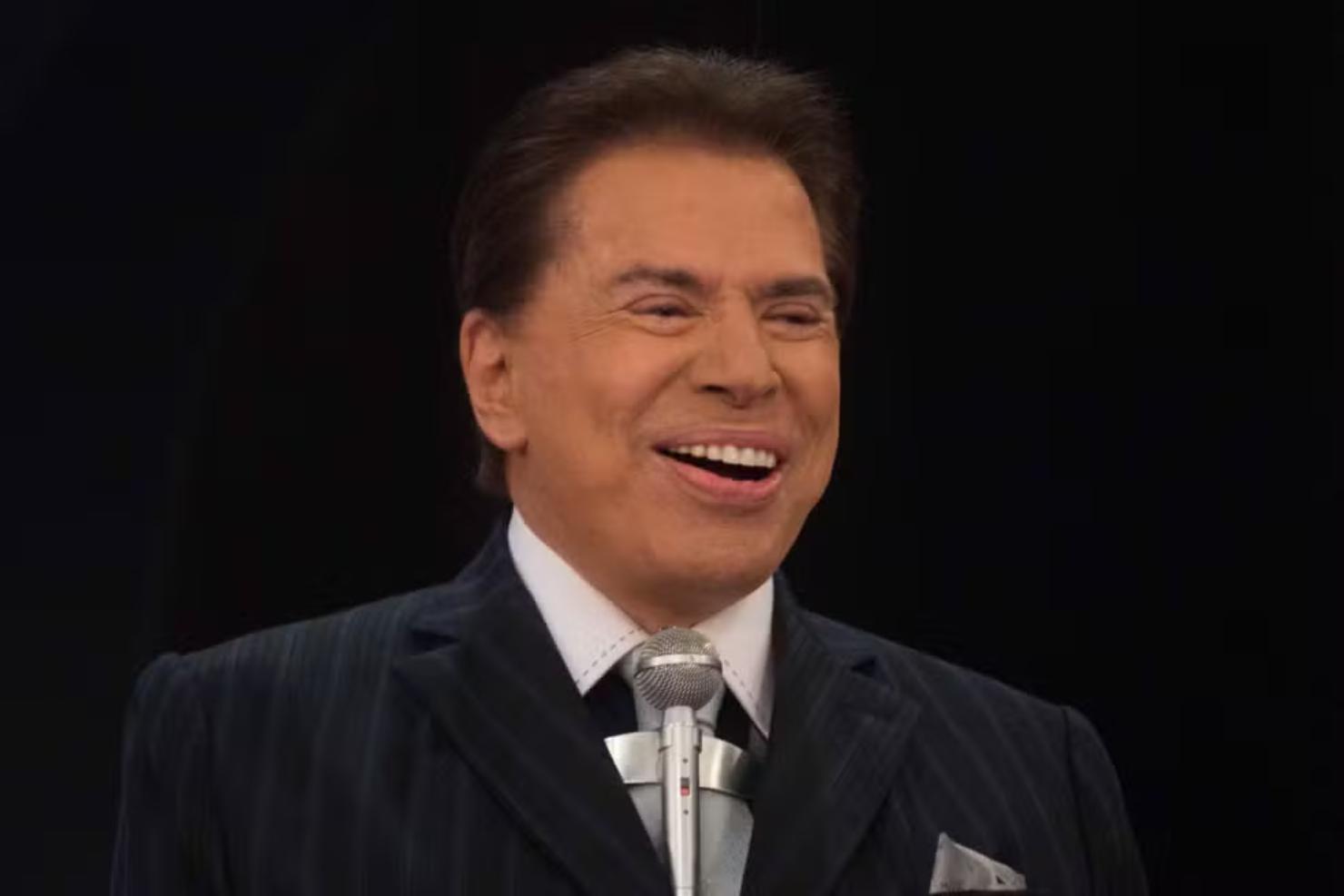
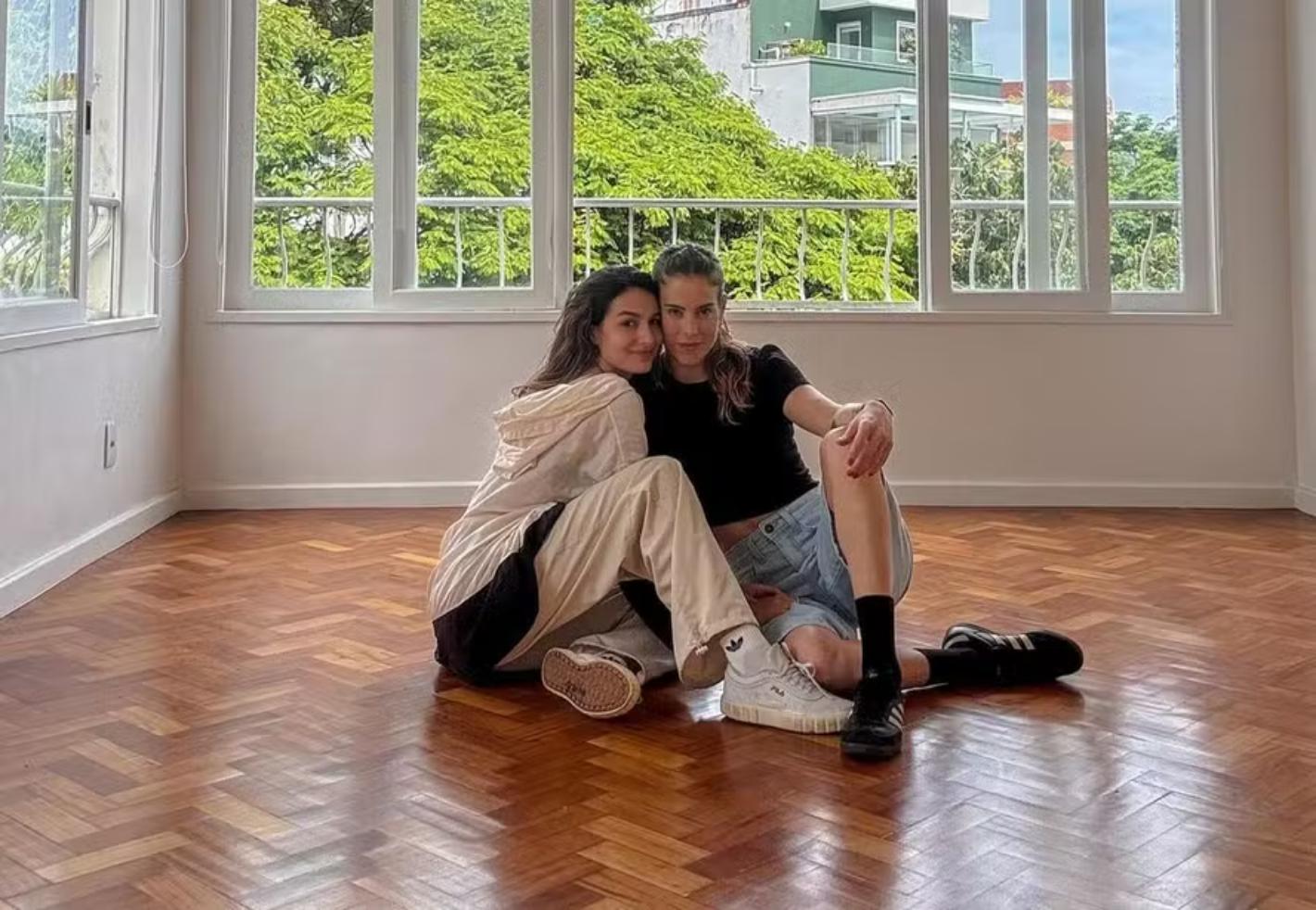
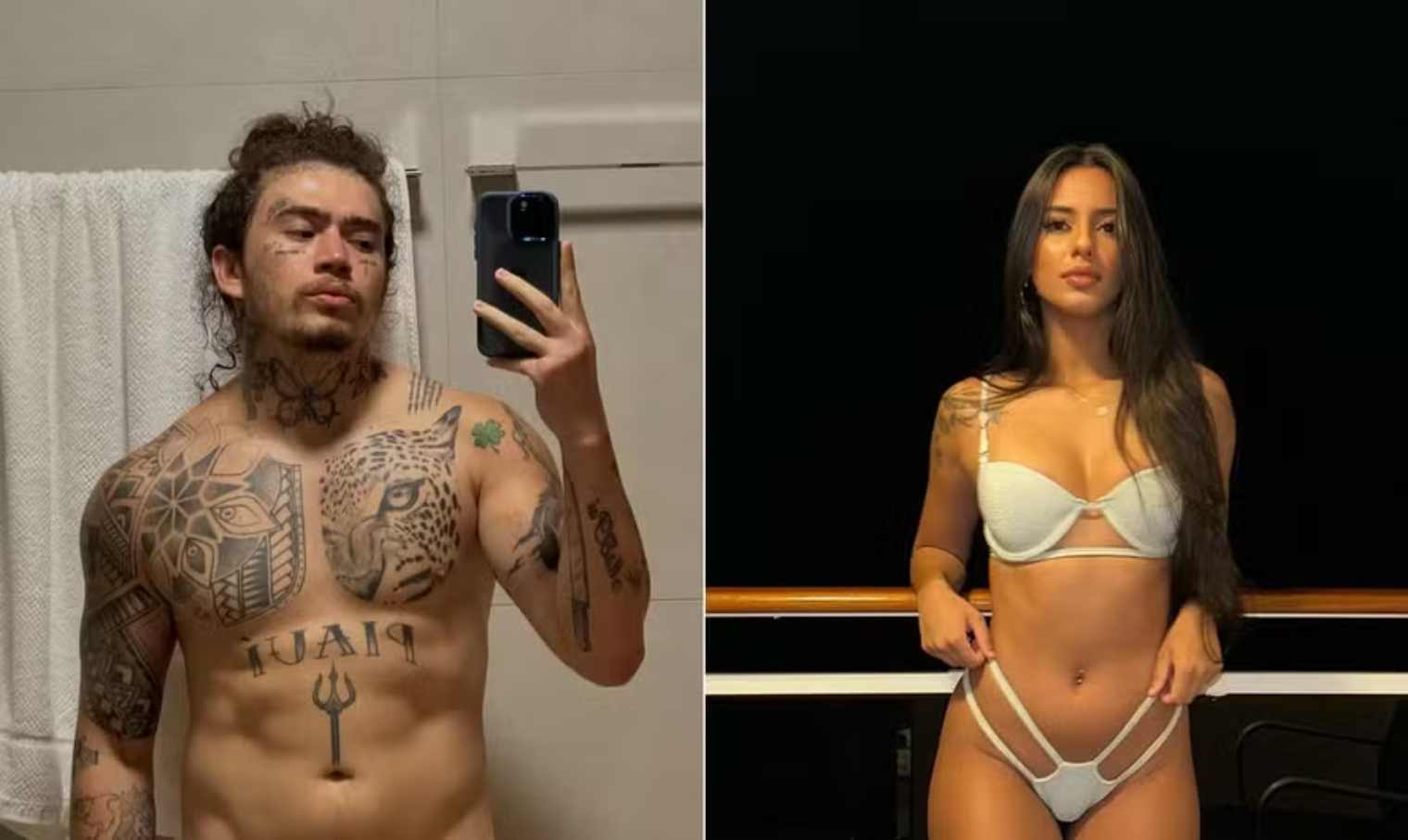
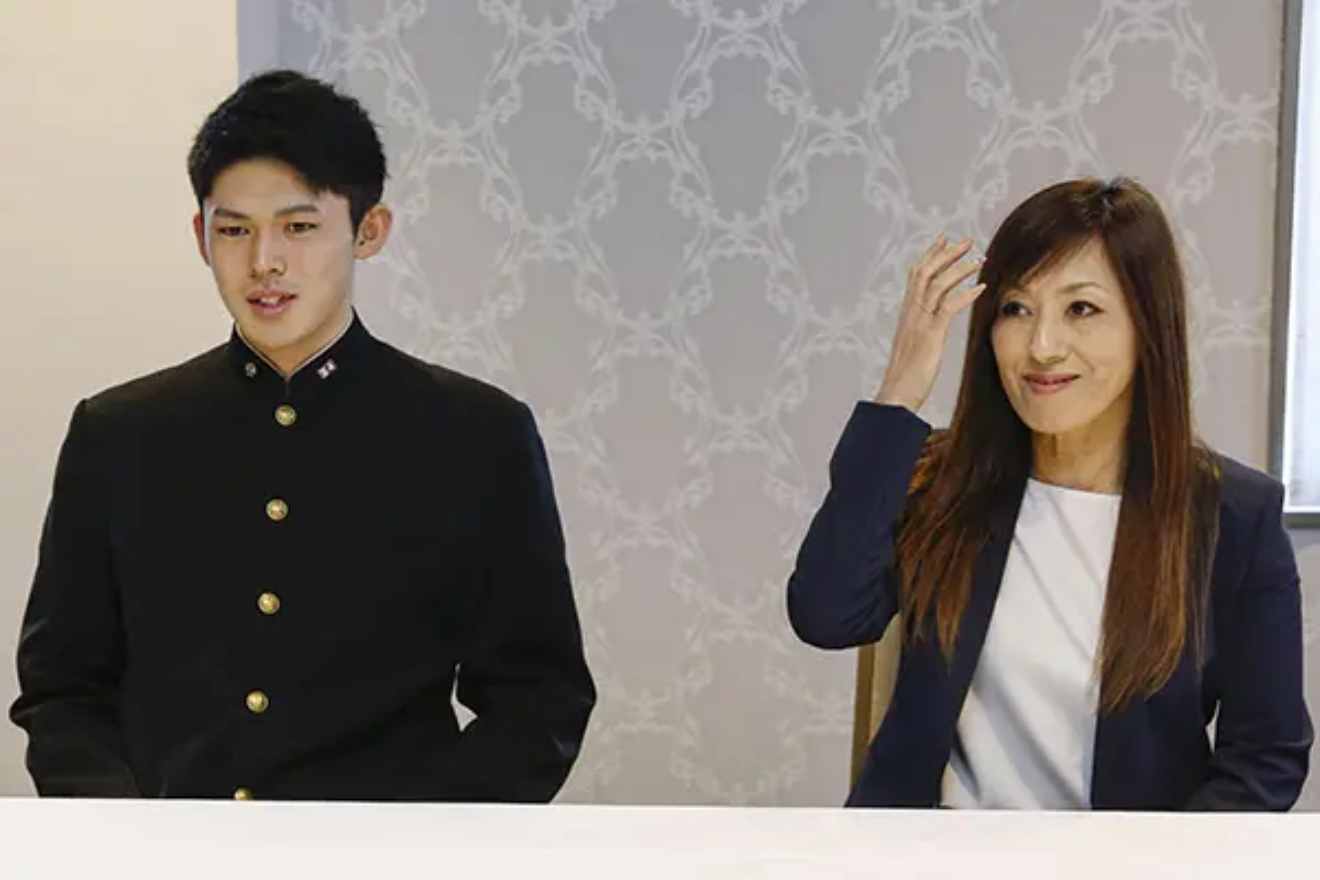
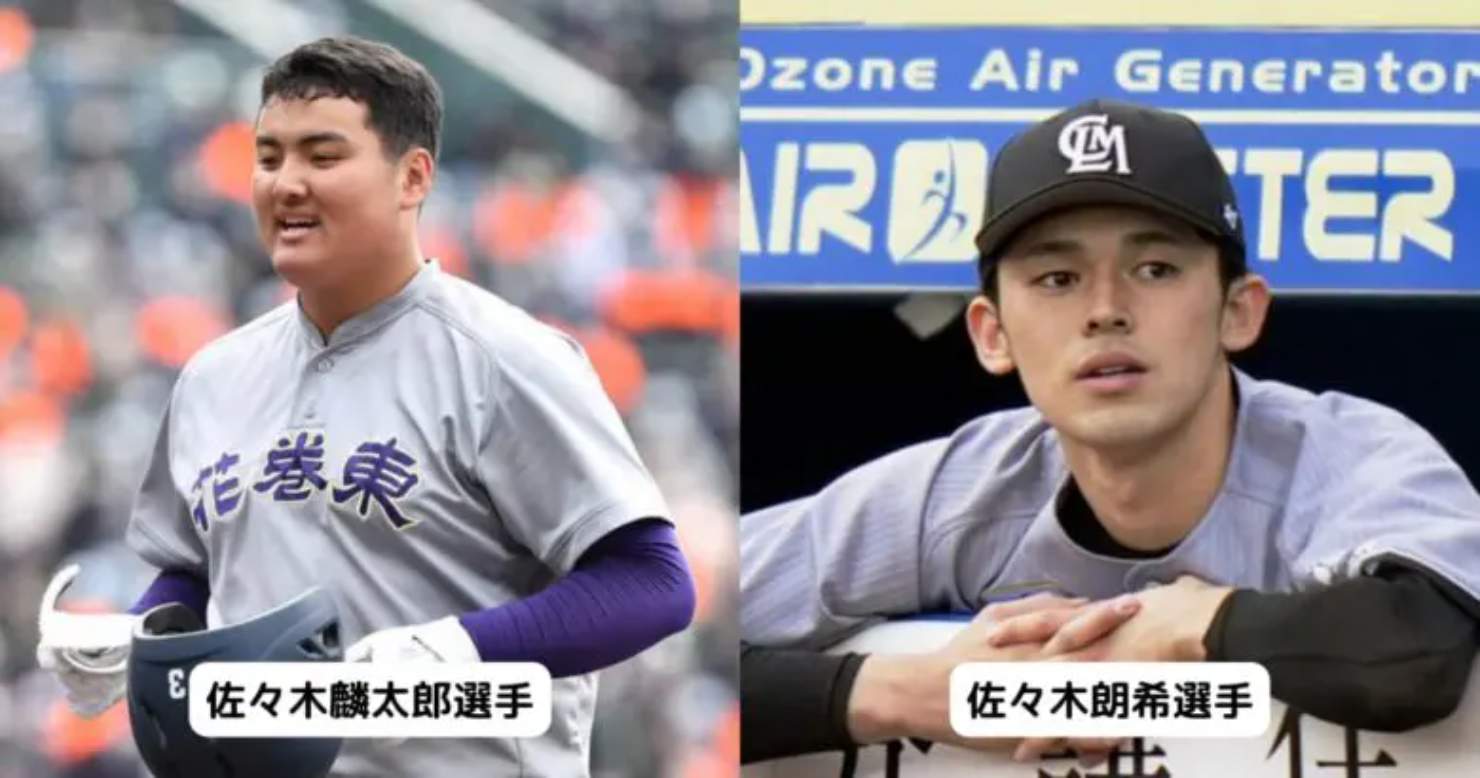
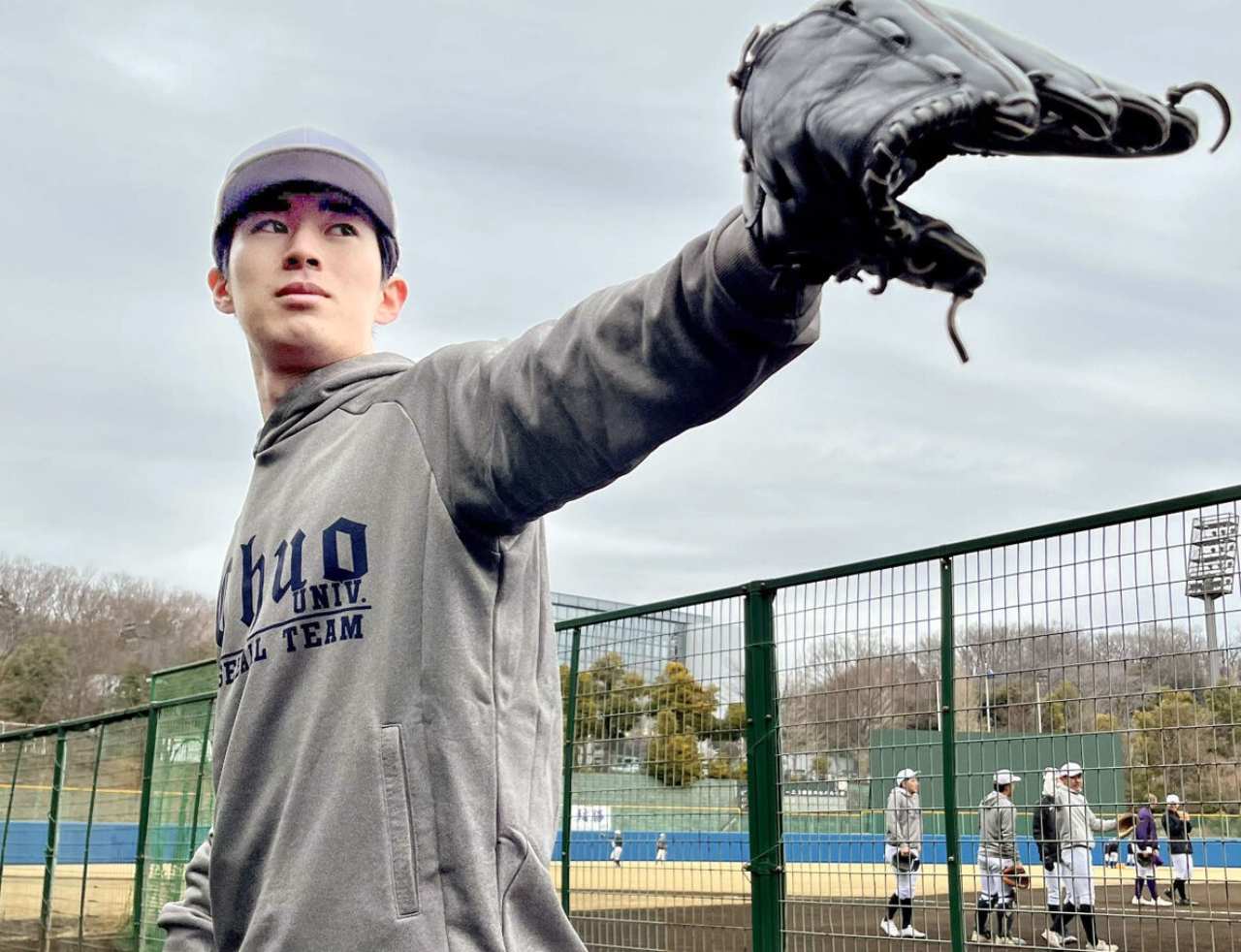
Leave a Reply Cancel reply